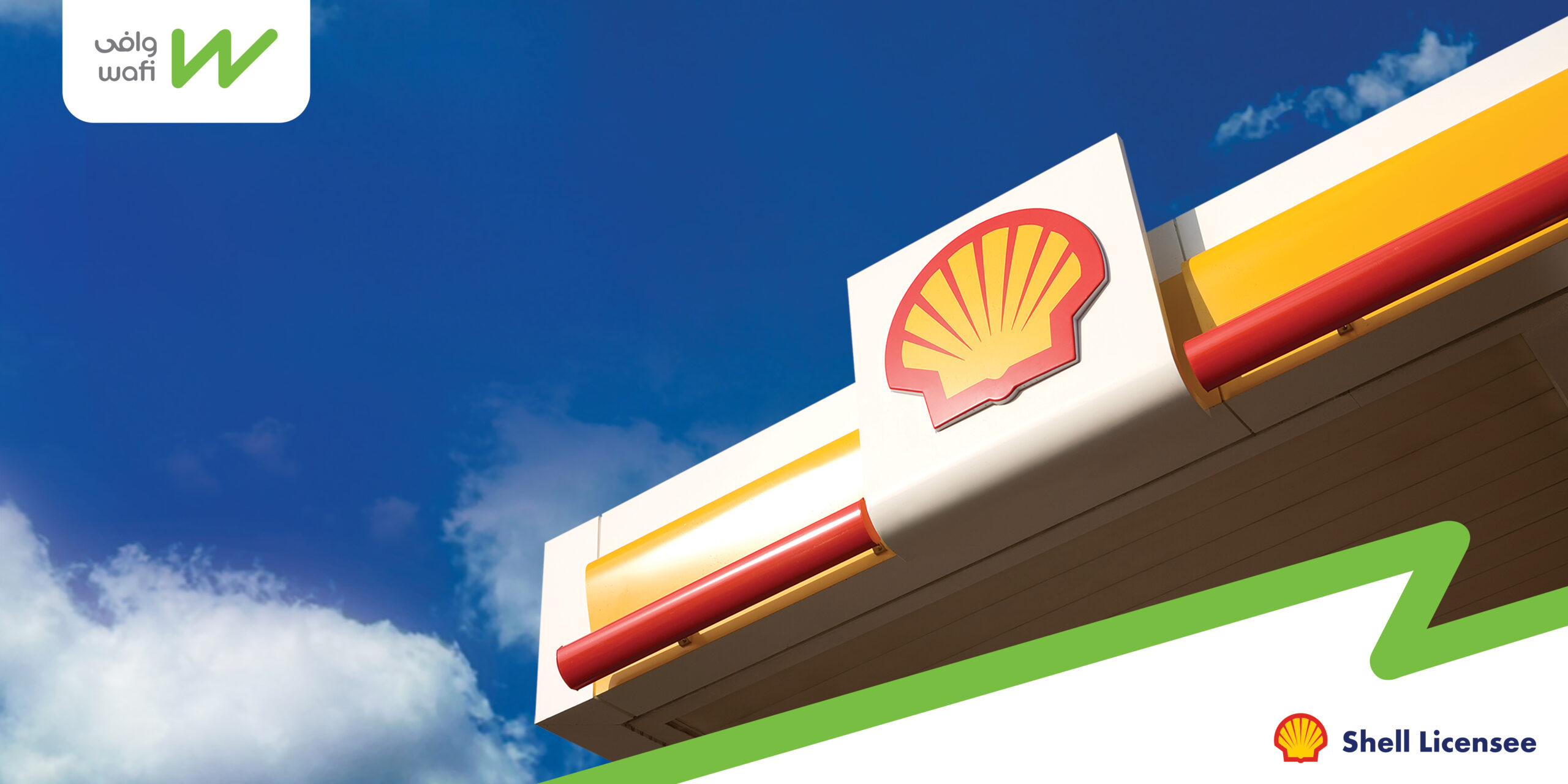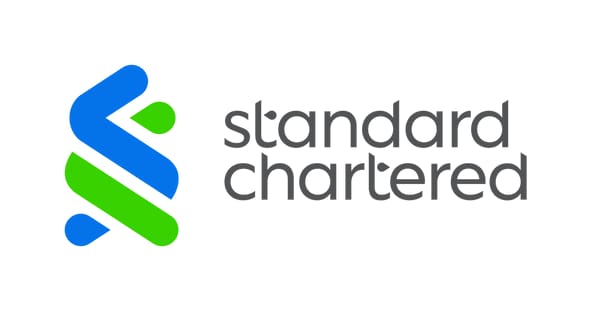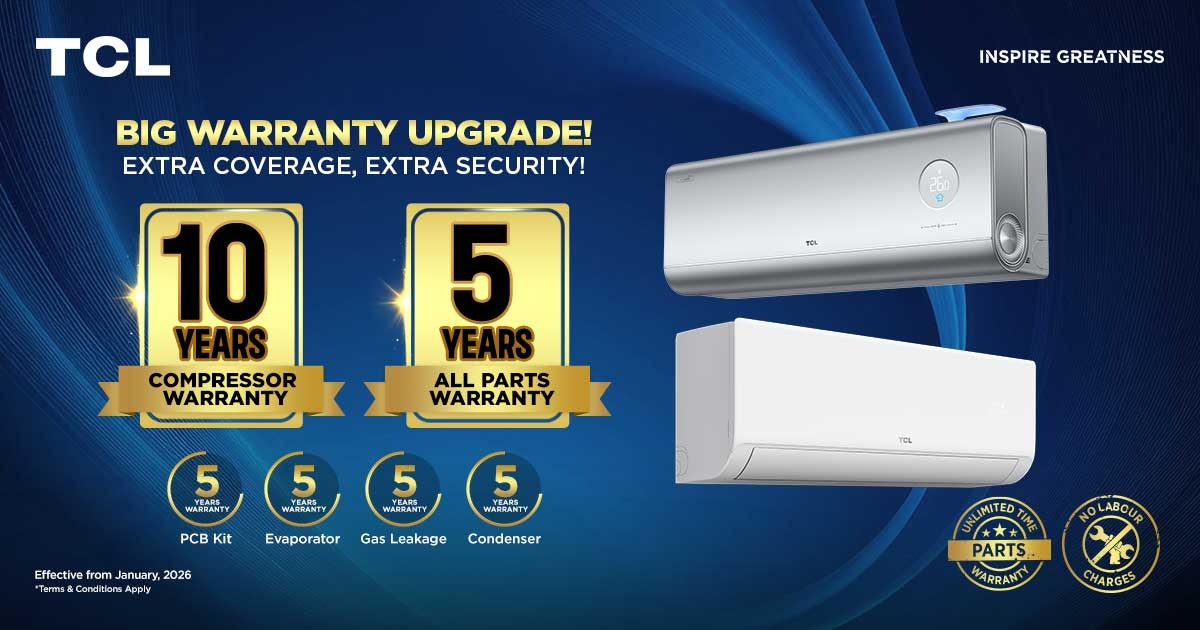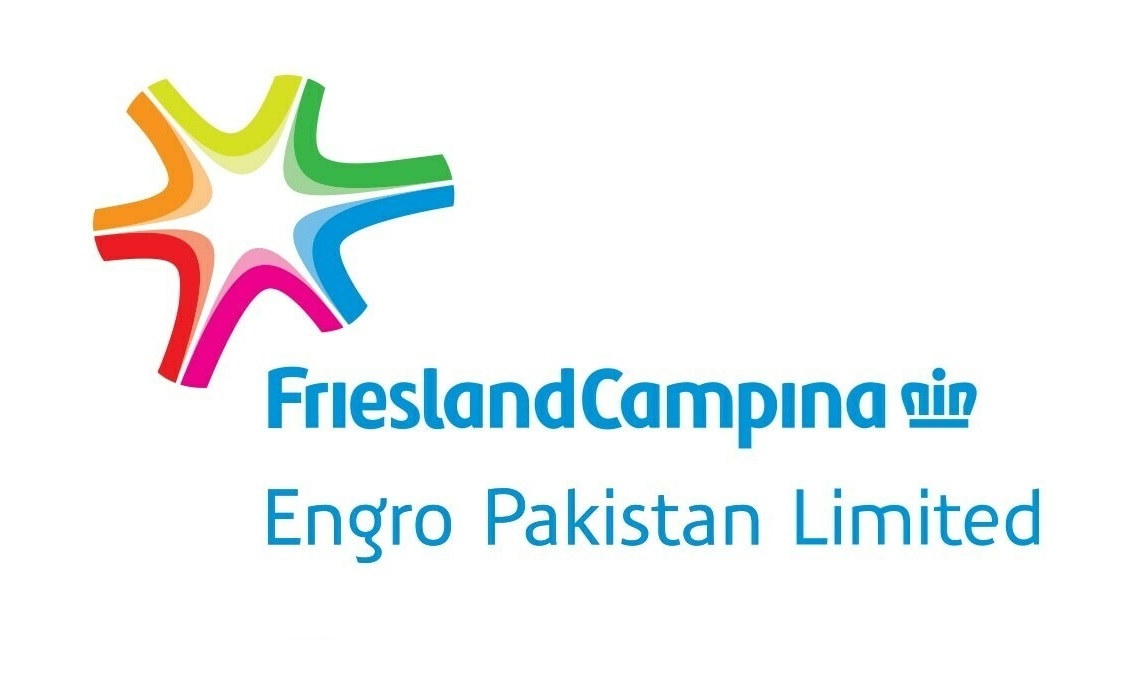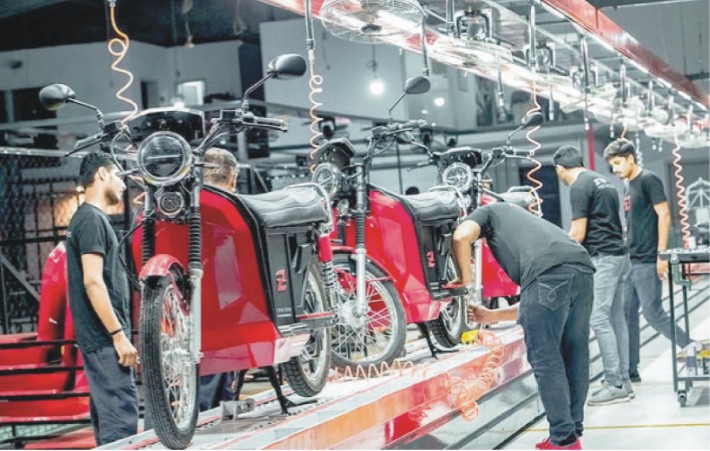Electric Vehicle (EV) motorbike brands, ten have been gaining more popularity compared to fuel-driven bikes in the market.
Out of a total of 18 Electric Vehicle (EV) motorbike brands, ten have been gaining more popularity compared to fuel-driven bikes in the market. Another eight brands are expected to emerge in March, according to experts and analysts.
“Ten branded companies have started selling EV motorbikes, while another eight firms will come up with their products in the middle of March, as the Engineering Development Board (EDB) has already issued licenses to 34 companies, including electric rickshaws. Over 100 showrooms are being designed and well-decorated all over the country because of more educated customers, including women, students, and others who are eager to buy them,” said Auto Sector Expert and Analyst Muhammad Sabir Sheikh while speaking to The Express Tribune. He added that although the sale of EV bikes has remained lacklustre due to the winter season, it will gain momentum again in March.
All ten branded companies, including Yadea, Aima, Metro, Evee, Benling, YJ Future, Tailg, Winner, Crown, and Ramza, have been receiving their respective Completely-Knocked Down (CKD) kits and assembling bikes for sale. Sheikh pointed out that the crumbling infrastructure of Karachi, Hyderabad, and Sukkur is causing problems for EV bikes with small tire sizes of 10-to-12 inches, while tire sizes of fuel bikes have 18-to-20 inches. EV bikes need a smooth road surface, as seen in the infrastructure of Islamabad, Faisalabad, Lahore, Rawalpindi, Sialkot, and others. EV bikes have gained immense popularity in Thailand, China, Europe, Vietnam, and other places where roads are like a smooth carpet.
A cost-effective EV bike, consuming just 2 units of electricity for a single charge for 5-to-6 hours, can cover 80-to-100 kilometers. EV bikes, depending on models with various features, are being sold in the market for prices ranging from Rs150,000 to Rs360,000.
“More companies are coming, and healthy competition is being witnessed. Customers adore EV bikes because of two main benefits: first, more saving ranging from Rs1 to Rs1.50 per kilometre compared to fuel-driven bikes costing Rs6 to Rs7 per kilometre, and secondly, the price difference, which was far more significant, is shrinking gradually, and affordability is rising,” said Yadea Managing Director Mohammad Salman. He explained that EV bikes are better than fuel bikes due to favourable aspects such as 500% savings per kilometre, no maintenance, no filter, no tuning, no engine, no pollution, no noise, cost-effectiveness, and more.
Salman highlighted the features of EV bikes, including being environment-friendly, with the frame, motor, and battery carrying warranties of 36-month, 24-month, and 18-month, respectively. Other features include a digital and colourful speedometer with a full digital display, more comfort, a bucket capacity under the pillion seat, durable and high-quality plastic body parts, and advanced technology.
He described this opportunity as a blessing in disguise, allowing people to scale down their fuel budgets, and the major fuel chunk of the government is decreasing gradually. Sales are increasing day by day, and the dealership network is strengthening in the country due to rising demand for the bike. Salman said that customers are fully satisfied, as showrooms of branded companies offer services after sale through dealership networks in the country.
“People are installing solar systems on the roof of houses to cut down electricity expenses. After kitchen and utility expenses, commuting expenses for fuel bikes are huge. That is why embracing the trend of the world turning to EV bikes suits all commuters in or outside the country,” he concluded.





